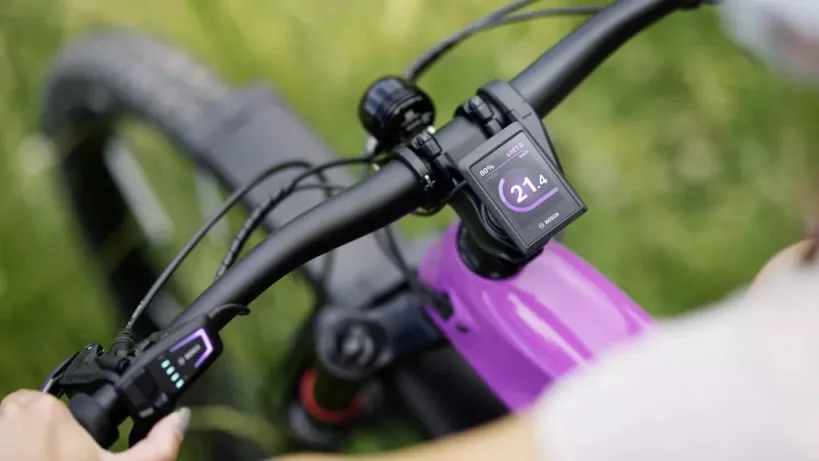In the digital age, the ability to choose from multiple payment options is crucial for consumers engaging in online gaming, betting, and other digital transactions. As platforms evolve, so do the methods available for deposits and withdrawals, offering users greater convenience, security, and control. Understanding how to maximize payment flexibility involves exploring various digital wallets, traditional bank transfers, and alternative solutions, each with its own advantages and limitations. This article provides an in-depth look at these options, illustrating how integrating them effectively can enhance your overall experience.
Table of Contents
How digital wallets like Neteller enhance transaction options for users
Digital wallets have revolutionized online transactions by providing quick, secure, and versatile payment options. Neteller, a prominent e-wallet service, exemplifies these benefits, particularly in online gaming and betting environments. Its seamless integration with various platforms simplifies deposits and withdrawals, reducing wait times and enhancing user control.
Integration of Neteller with online gaming and betting platforms
Many online platforms, including those associated with bass casino, support Neteller due to its widespread acceptance and user-friendly interface. Integration involves APIs that enable real-time fund transfers, allowing players to move money swiftly between their Neteller accounts and gaming accounts. This integration not only accelerates transactions but also reduces reliance on traditional banking channels, which often involve longer processing times.
Security features that protect user data during transactions
Security remains paramount in digital payments. Neteller employs advanced encryption protocols, two-factor authentication, and fraud detection systems to safeguard user data and funds. These features ensure that sensitive information is protected during transactions, fostering trust and confidence among users. For example, biometric authentication on mobile devices adds an extra layer of security, preventing unauthorized access.
🎁 Best Bonus UK Casinos not on GamStop 2025
Fee structures and their impact on overall payment flexibility
Understanding fee structures is essential for maximizing payment flexibility. Neteller typically charges minimal fees for currency conversions and certain withdrawal methods, but these are often offset by the speed and security benefits. Additionally, many platforms waive transaction fees for specific deposit types, encouraging users to leverage e-wallets over traditional methods. Transparent fee policies enable users to plan their transactions more effectively, avoiding unexpected costs that could limit flexibility.
Comparing traditional banking transfers with e-wallet solutions
Traditional bank transfers have long been the standard for large or infrequent transactions, but they come with certain drawbacks when compared to e-wallet solutions like Neteller.
Speed and convenience of instant transfers versus bank methods
Bank transfers often involve delays due to processing times, ranging from several hours to days, especially with international transactions. In contrast, e-wallets facilitate near-instant transfers, allowing users to fund their gaming accounts immediately. This immediacy is particularly advantageous for live betting or time-sensitive gaming scenarios.
Limitations and restrictions of bank-based payments
Bank transfers are subject to various restrictions, including minimum and maximum limits, regional availability, and verification procedures. These restrictions can hinder users who need flexible, high-volume transactions or who operate in regions with limited banking infrastructure. Conversely, e-wallet providers often support higher transaction limits and are accessible in more regions, enhancing overall flexibility.
Cost analysis: bank fees versus e-wallet transaction costs
| Transaction Type | Bank Transfer | E-wallet (e.g., Neteller) |
|---|---|---|
| Processing Fee | Typically higher, varies by bank and region | Often lower or zero for deposits, some fees for currency conversion |
| Processing Time | Several hours to days | Seconds to minutes |
| Limits | Variable; often restrictive | Higher and more flexible |
This comparison illustrates how e-wallets can significantly enhance transaction flexibility by reducing costs and processing times.
Utilizing alternative payment methods to broaden options
Beyond digital wallets and bank transfers, various alternative methods can further expand your payment choices, catering to different preferences and regional constraints.
Prepaid cards and vouchers as cashless solutions
Prepaid cards, such as Paysafecard, enable users to deposit funds without linking bank accounts or personal information. They are widely accepted on gaming platforms and are especially useful in regions with banking restrictions. Vouchers can be purchased at retail outlets and redeemed online, offering a cashless, anonymous way to fund accounts.
Cryptocurrency payments: benefits and risks for users
Cryptocurrencies like Bitcoin and Ethereum provide decentralized payment options with benefits such as fast transfers, low fees, and enhanced privacy. However, they also carry risks including price volatility, regulatory uncertainty, and potential security threats like hacking. Users should weigh these factors carefully and only use cryptocurrencies on platforms that implement rigorous security measures.
Mobile payment apps and their integration with gaming platforms
Apps like Apple Pay, Google Pay, and Samsung Pay are increasingly supported by gaming platforms, offering convenient tap-and-go transactions. Their integration simplifies the funding process, especially for mobile gamers, and often includes biometric security features such as fingerprint or facial recognition.
Strategies for optimizing payment methods based on user needs
Maximizing payment flexibility involves selecting methods aligned with your transaction volume, security requirements, and regional availability. Here are key strategies:
Choosing the right method for high-volume transactions
For large or frequent deposits, e-wallets like Neteller combined with bank transfers can offer the best balance of speed, security, and cost-efficiency. Setting up accounts with high transaction limits and verifying identities can further enhance flexibility.
Balancing convenience and security in payment choices
While instant methods like mobile apps and cryptocurrencies provide convenience, they may involve higher security risks if not managed properly. Combining secure methods—such as using e-wallets with two-factor authentication—and more traditional options when security is paramount can help maintain this balance.
Adapting payment methods to regional availability and regulations
Regulatory environments vary globally, affecting the availability of certain payment methods. For instance, some regions restrict cryptocurrency use or limit access to certain e-wallet providers. Staying informed about regional regulations and choosing adaptable methods ensures uninterrupted access and maximized flexibility.
"The key to maximizing payment flexibility is understanding your needs and selecting a combination of methods that balance speed, security, and regional accessibility."



